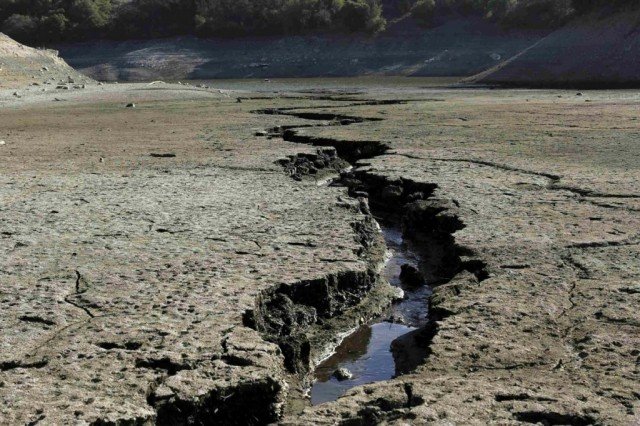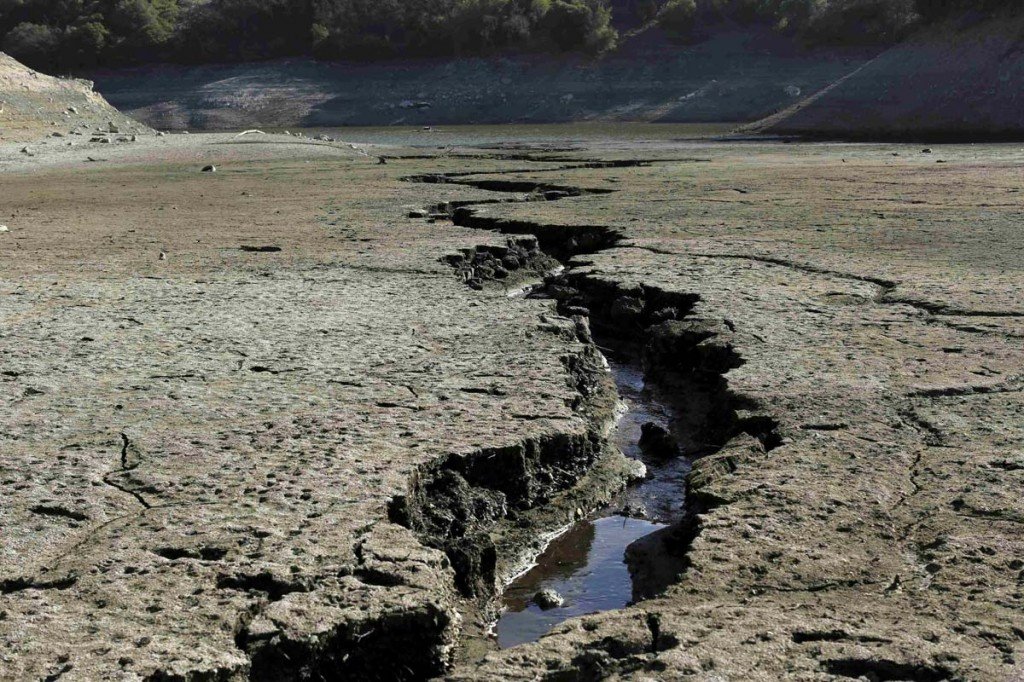California officials have approved fines of up to $500 a day for residents who waste water, as the state faces its worst drought in nearly four decades.
The measures have been introduced to stop water being wasted on lawns, landscaping and car washing.
Water consumption rose by 1% in the year up to May, despite an appeal for people to make a 20% reduction.
About 75% of water used in California is for agricultural purposes.
The fines will be enforced only in cases of wasteful outdoor watering, officials say, such as landscaping to the extent where run-off flows onto pavements.
Other practices frowned upon by the authorities include washing a vehicle without a nozzle on the hose, or watering down hard surfaces such as pavements and driveways.

“Our goal here is to light a fire under those who aren’t yet taking the drought seriously,” Water Resources Control Board Chairwoman Felicia Marcus said.
Felicia Marcus described the vote that introduced the measures as historic and unprecedented, because the board is trying to ensure that it is not just the state’s farmers who suffer because of the drought.
“Many communities and water suppliers have taken bold steps over the years and in this year to reduce water use; however, many have not and much more can and should be done state-wide to extend diminishing water supplies,” a water board statement says.
Exemptions will be provided for public health and safety, officials say, such as allowing cities to power-wash alleyways to get rid of human waste left by homeless people.
The water control board estimates that the restrictions, which take effect in early August, could save enough water state-wide to supply more than 3.5 million people for a year.
California’s historic drought has lasted for much of this year.
In 2013 it rained less than it had in any previous year since the state’s founding in 1850. Rivers have flowed at record low levels, reservoirs have been drier than ever, and the mountain snowpack – snow that melts over the warmer months and provides water throughout the year – has amounted to only about 20% of expected levels.
[youtube RJnGUne5RmY 650]
